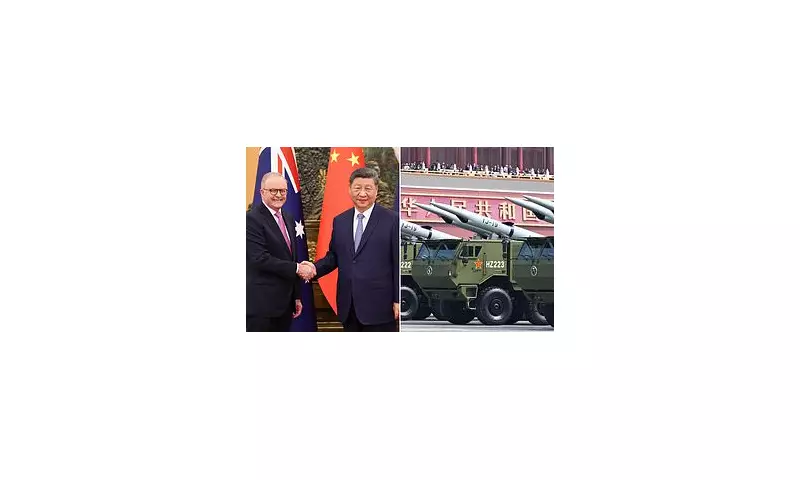
In a significant geopolitical shift that could reshape global supply chains, Australia has announced a landmark cooperation agreement with China on critical minerals, Deputy Prime Minister Richard Marles revealed today. The partnership marks a dramatic thaw in relations between the two nations and positions Australia as a key player in the race for resources powering the green energy revolution.
Strategic Minerals Take Centre Stage in Bilateral Relations
The agreement focuses on developing Australia's vast reserves of critical minerals essential for electric vehicles, renewable energy systems, and advanced military technology. This comes as Western nations increasingly seek to reduce dependence on Chinese processing for these vital materials.
"This represents a mature step forward in our relationship with China," Marles stated during the announcement. "We recognise the complementary nature of our economies - Australia's mineral wealth and China's manufacturing and processing capabilities."
Global Supply Chain Implications
The partnership threatens to disrupt efforts by the United States and European Union to build alternative supply chains independent of Chinese influence. Australia possesses some of the world's largest deposits of:
- Lithium for electric vehicle batteries
- Rare earth elements for permanent magnets
- Cobalt for energy storage systems
- Vanadium for grid-scale batteries
Analysts suggest this cooperation could give China secured access to raw materials while providing Australia with stable market access for its mining sector, creating a win-win scenario that challenges Western strategic interests.
Balancing Act Between Security and Commerce
The Australian government faces the delicate task of balancing economic opportunities with national security concerns. Critical minerals are essential for:
- Advanced weapons systems and defence technology
- Renewable energy infrastructure
- Digital economy and telecommunications
- Space exploration and satellite technology
"This isn't just about economics; it's about technological sovereignty and strategic advantage in the 21st century," noted a senior industry analyst who requested anonymity due to the sensitive nature of the agreement.
What This Means for the Global Energy Transition
The Australia-China critical minerals partnership could accelerate the global transition to renewable energy by ensuring more stable supplies of essential materials. However, it also concentrates significant power over green technology supply chains within the Asia-Pacific region, potentially marginalising European and North American competitors.
As the world races toward net-zero emissions, control over these fundamental resources becomes increasingly crucial, making this agreement one of the most significant developments in international resource diplomacy this decade.






